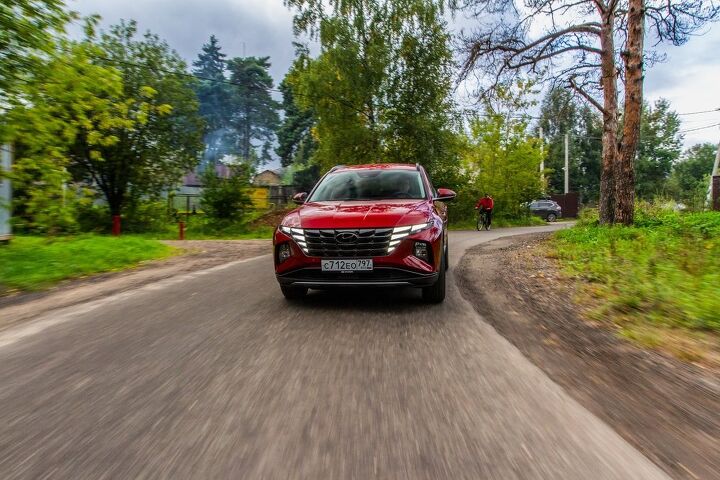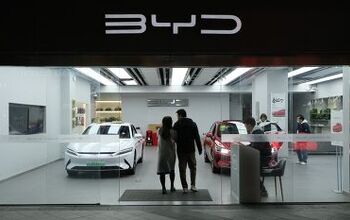Leading the Green Drive: Hyundai's Eco-Friendly Vehicles Gain EPA Praise
In the latest EPA Automotive Trends Report, Hyundai has emerged as a leading figure in eco-friendly automotive technology. The company is only second to Tesla in achieving the highest fuel economy and the lowest CO2 emissions amongst major automakers.
Between 2017 and 2022, Hyundai has successfully reduced its CO2 emissions from 311 g/mi to 302 g/mi and improved its fuel economy from 28.6 MPG to 29.1 MPG. These numbers reflect Hyundai's commitment to developing a more efficient range of vehicles.
A key aspect of Hyundai's strategy is its focus on electrification, aimed at diminishing the carbon footprint. The company offers a diverse range of electric, hybrid, and hydrogen-powered vehicles in the U.S. market, including the acclaimed IONIQ 5, IONIQ 6, and KONA Electric. Electric vehicles constituted 7% of Hyundai’s total sales in 2023, doubling from the previous year. Hyundai's ambitious goal includes launching over 17 new battery-electric models and targeting a substantial share of the global EV market by 2030.
The EPA report underscores a significant shift in the automotive industry, with a marked improvement in CO2 emissions and fuel economy. Hyundai's efforts are a crucial part of this industry-wide transformation, promising further enhancements in upcoming models.
Hyundai's presence in the U.S. extends beyond its environmental initiatives. With its headquarters and various facilities across the nation, Hyundai significantly contributes to the American economy and job market, underscoring its role as a key player in the automotive sector.
This article was co-written using AI and was then heavily edited and optimized by our editorial team.
More by TTAC Staff
Latest Car Reviews
Read moreLatest Product Reviews
Read moreRecent Comments
- Matt Posky EVs are fine. People can buy them. Companies should build them. But the regulations and products have to be sound. The issue is that they aren't -- whether we are talking about all-electric vehicles or combustion ones.
- MaintenanceCosts The fact is that if you are in product planning for a worldwide automaker the Chinese market comes first, the European market second, and our market after that.That means you have to have a lineup of EVs in at least the segments that sell in China and Europe. That means small to medium CUVs, city cars, and maybe a couple of global-size SUVs and pickups. If you have development dollars left over after serving your biggest markets, maybe you can put them into North America-specific products like large CUVs and full-size pickups. At least for the next 10 years you will need an ICE hybrid powertrain to go with those products.Non-hybrid ICE is a dead end for all but the tiniest niche of sports cars.
- Duties I’ve never liked Nissan, but think the new Rogue and Parhfinder are at least, finally attractive. I will never own an EV. Bye Nissan. Sayonara.
- Daniel Bridger Bye, bye Nissan.
- Billccm What a shame. I remember when Buick built premium cars at a reasonable price.


































Comments
Join the conversation